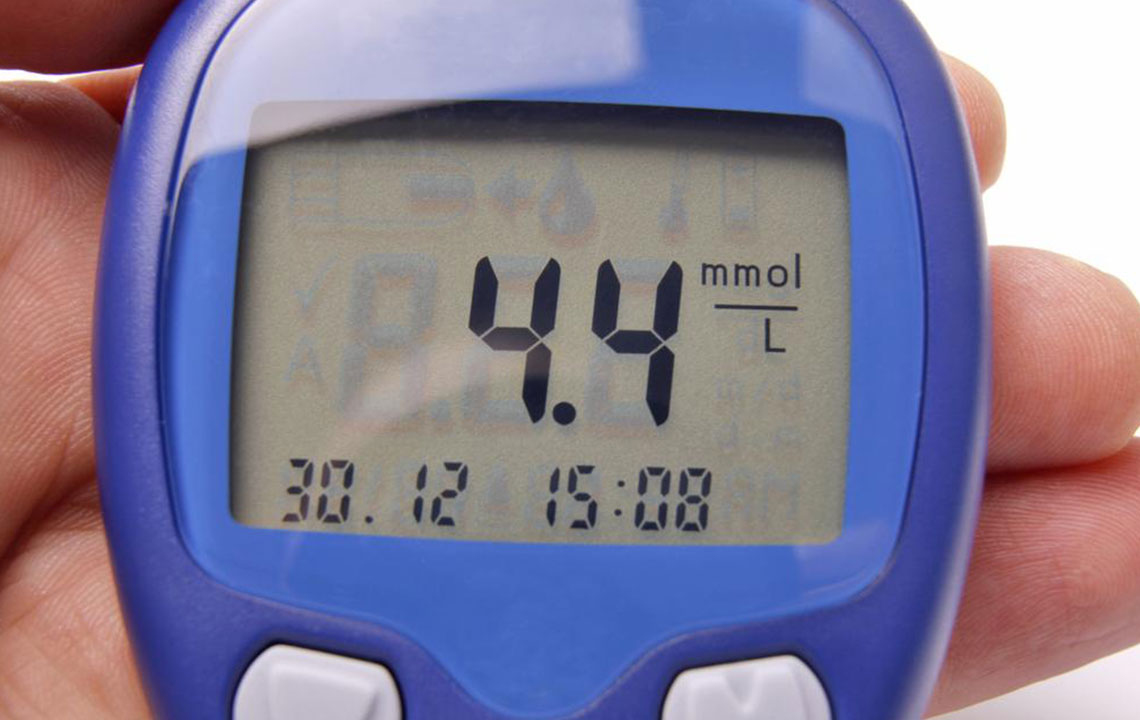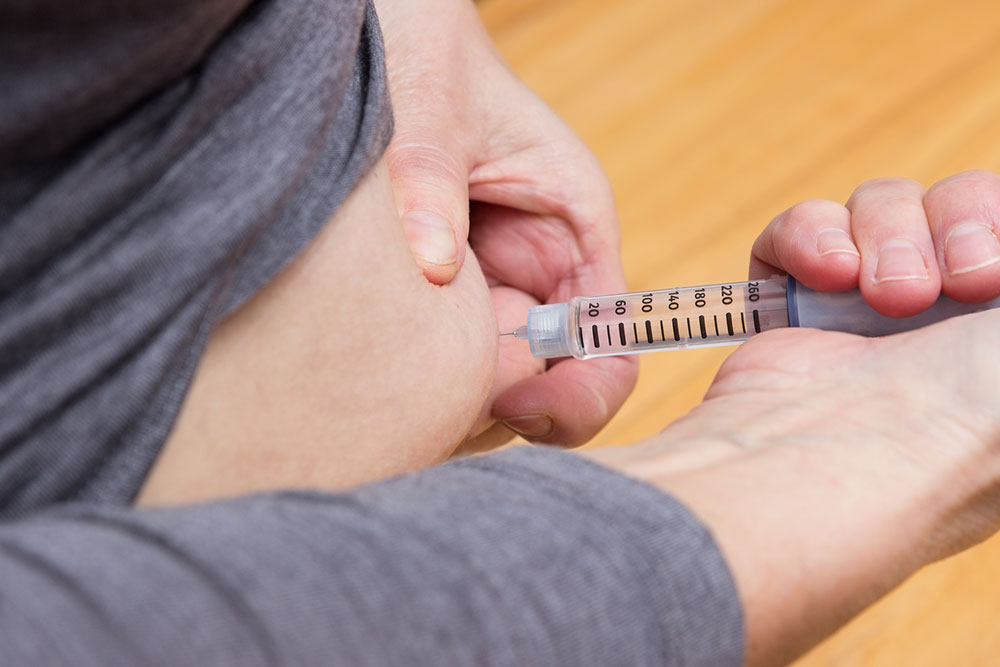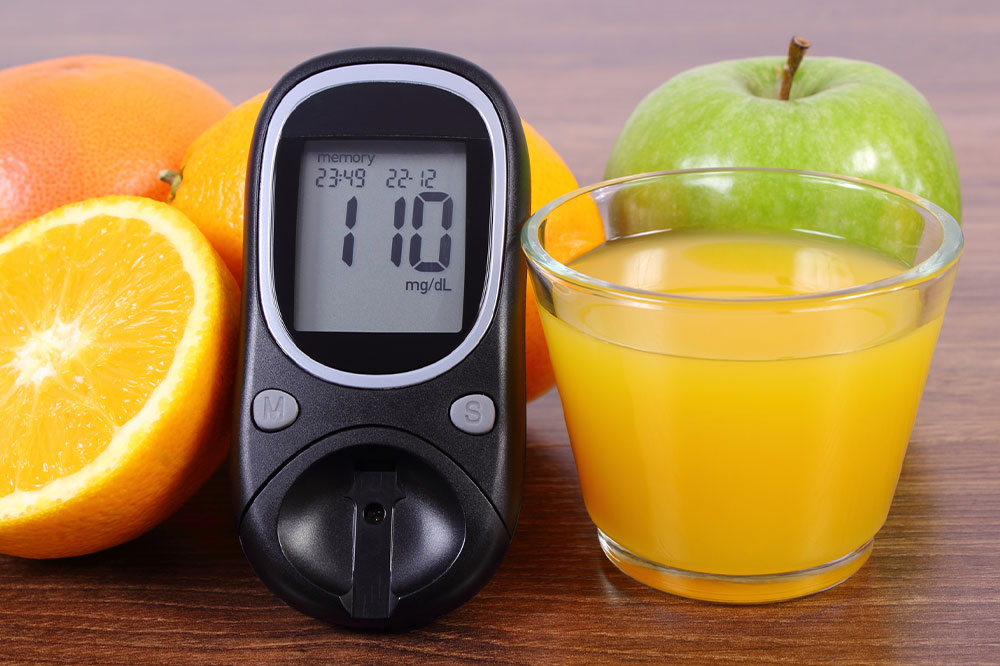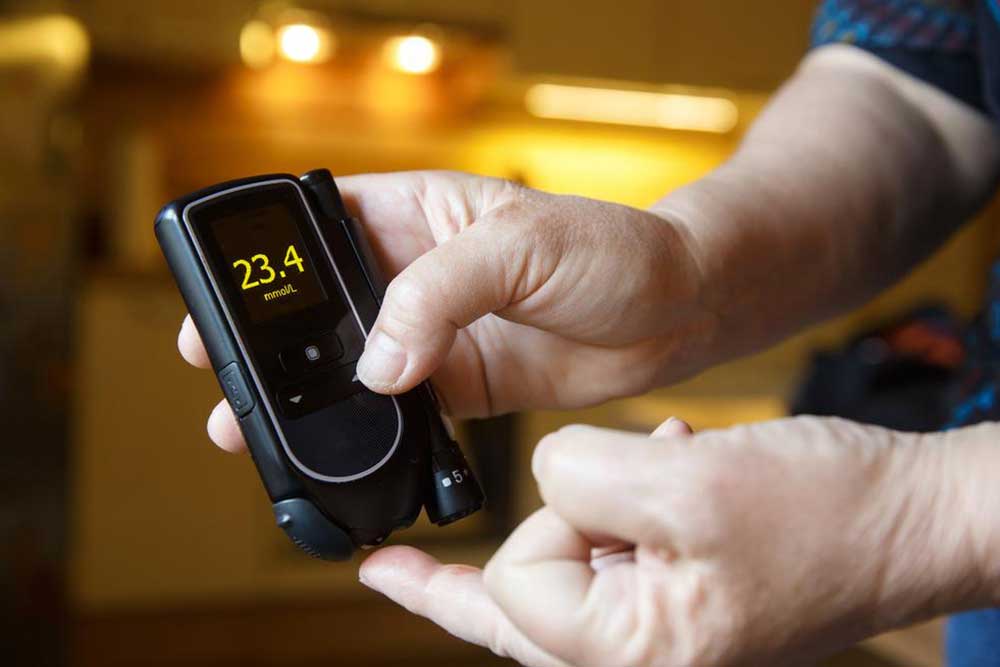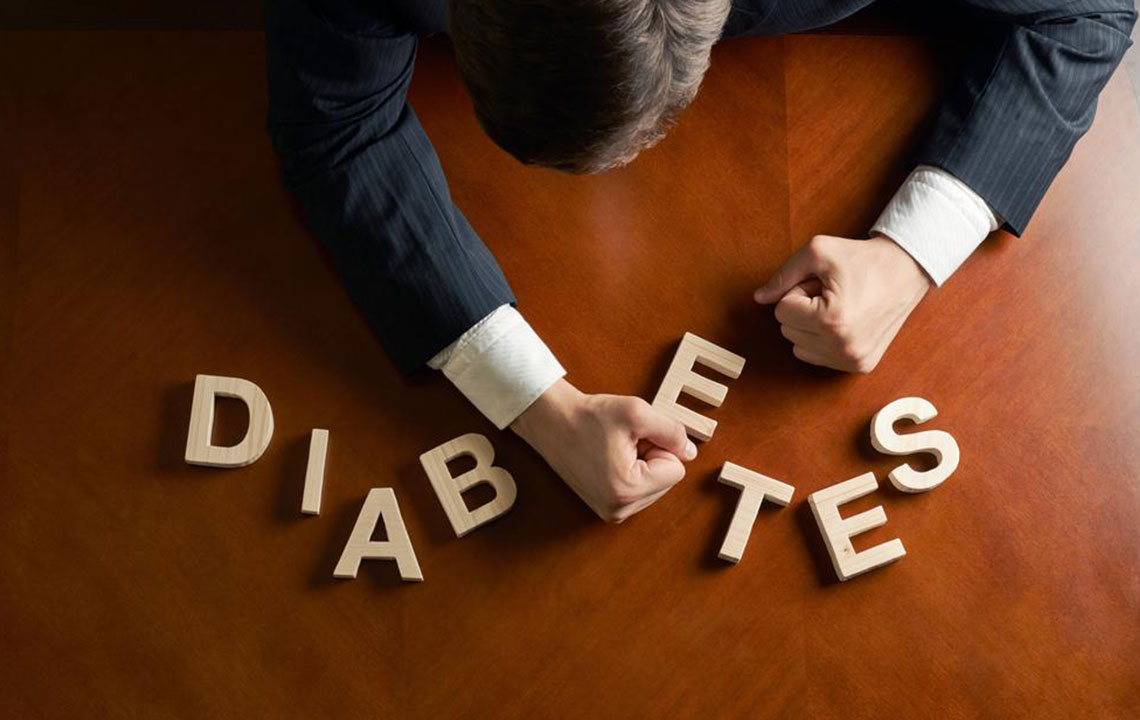Recognize These Signs of Low Blood Sugar Levels
Discover the key symptoms of low blood sugar, including hunger, tremors, and mood swings. Early recognition and prompt treatment are crucial to prevent serious health issues. Learn how to monitor and respond effectively to maintain your safety and health.
Sponsored

Have you noticed recent changes in how you feel but aren't sure why? Your body might be signaling low blood sugar symptoms.
Hypoglycemia, or low blood sugar, happens when glucose levels in your blood drop below normal, usually under 70 mg/dl. Since glucose is your primary energy source, a deficiency can impair brain function and muscle coordination. This condition is common among individuals with diabetes, including those managing their sugar levels carefully. It often occurs in people taking insulin or other diabetic medications.
Most hypoglycemia cases are mild and manageable through simple measures like consuming high-glucose foods. Ignoring low blood sugar symptoms can lead to serious health issues such as confusion, fainting, or even seizures if left untreated. Recognizing early symptoms helps prevent complications and maintain your health.
Persistent Hunger: Feeling extremely hungry despite recent meals could be a sign of low sugar levels. Your body signals the need for more glucose, and combatting this with a small snack like fruit, raisins, or candy can help.
Shaking and Tremors: Unintentional trembling can occur when your nervous system isn't functioning properly due to low glucose. These symptoms are your body's response to energy deficiency in the nervous system.
Anxiety or Nervousness: A sudden adrenaline rush—as your body releases hormones to boost blood sugar—can cause feelings of nervousness or anxiety, signaling low glucose levels.
Nighttime Restlessness: Nocturnal hypoglycemia may lead to disrupted sleep, nightmares, sweating, and episodes of waking suddenly or confusion upon waking.
Dizziness or Light-headedness: These symptoms can result from low sugar and, if ignored, may cause fainting. Immediately sitting or lying down can prevent falls and injuries.
Excessive Sweating: Sudden, unexplained sweating can be an early warning sign of hypoglycemia, regardless of the weather conditions.
Mood Swings and Confusion: Sudden emotional changes and difficulty concentrating may indicate low blood sugar, especially if these symptoms are uncharacteristic for you.
Monitoring your glucose regularly and acting promptly at the first sign of symptoms can help prevent severe complications. Being aware of these signs allows for quick intervention, maintaining your health and well-being.

